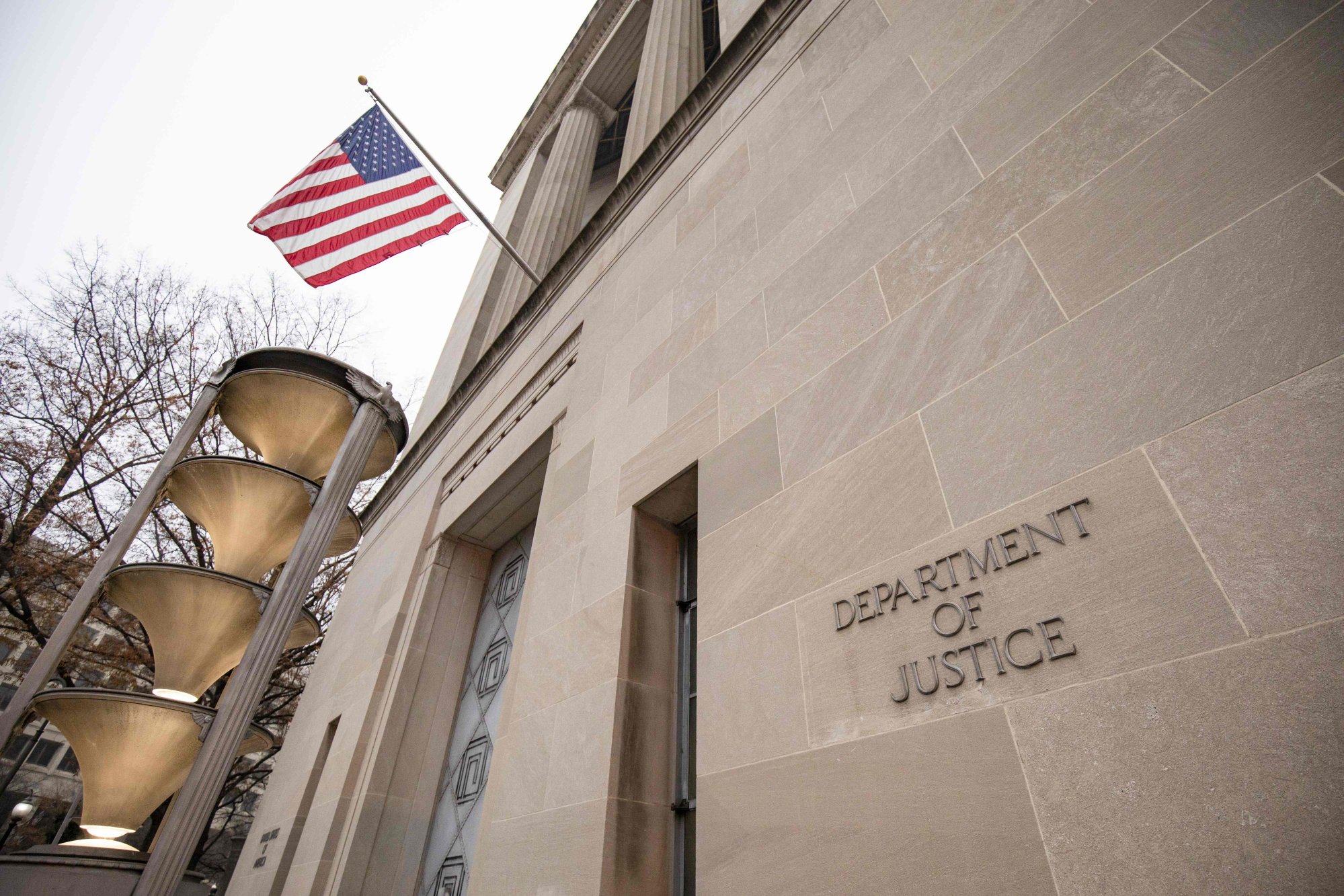
US judge declines to block Florida law restricting Chinese from buying property
- Ruling means the state law, which started on July 1, will remain in effect while the court case is resolved
- Plaintiffs’ suit, which is supported by the US Justice Department, contends law is discriminatory, violates fair housing standards and is unconstitutional
A US federal judge blocked a request on Thursday for temporary relief against a Florida law that restricts Chinese citizens from purchasing property in the state.
The ruling by US District Judge Allen Winsor in Tallahassee, Florida, against granting the preliminary injunction means the state law will remain in effect until the court decides on the merits of the case.
The law, which went into effect on July 1, restricts Florida property purchases by anyone “domiciled” in a “country of concern” unless they are a US citizen or permanent resident.
The designated countries of concern were China, Russia, Iran, North Korea, Cuba, Venezuela and Syria.

The law imposes more limits on those domiciled in China. In Florida law, a person’s place of domicile is where he has a good-faith intent to establish his home permanently or indefinitely, regardless of his current physical location.
While those domiciled in the other targeted countries are restricted from owning property within 10 miles (16km) of any military installation or critical infrastructure facility, those domiciled in China are restricted from owning any property – regardless of proximity.
They argued that the law was discriminatory, vague, violated fair housing standards and was pre-empted by federal law.
In signing the bill, DeSantis said it was part of Florida standing up against the Chinese Communist Party, which he called the US’ “greatest geopolitical threat”.
Earlier drafts of the bill called for barring Chinese citizens and others from buying real estate within 20 miles of military bases and critical infrastructure but were eased somewhat after an uproar from the state’s Asian-American community.
The law now offers a narrow exception: a person domiciled in China who either has a valid non-tourist US visa or has been granted asylum in the US is permitted to buy residential property, but only if the property is less than two acres and located farther than five miles from a military installation.
The US Department of Justice supported the lawsuit, filing a “statement of interest” in June that argues the Florida legislation violates the federal Fair Housing Act as well as the Constitution, specifically the equal protection clause of the 14th Amendment.

The department contended that the law would “not advance the state’s purported goal of increasing public safety” and that the plaintiffs were “likely to succeed on the merits of these claims”.
But in his order on Thursday, Winsor said that the plaintiffs had “not shown a substantial likelihood of success on the merits”, which he noted was “the most important” of four factors required for a preliminary injunction.
The other three factors are that: plaintiffs would suffer “irreparable injury”; face a threatened injury that “outweighs whatever damage the proposed injunction may cause” defendants; and the injunction would not be adverse to the public interest.
In his ruling, Winsor found that the law “does not facially discriminate against non-citizens based on race or ancestry … [or] on ‘the particular country in which one was born’”.
“It would apply to a person of Chinese descent domiciled in China the same way it would apply to a person not of Chinese descent domiciled in China,” he noted.
Responding to the ruling, the National Asian Pacific American Bar Association called the Florida law a “textbook example of invidious discrimination”.
The association’s statement continued: “The plain sweep of [Senate Bill 264] not only places restrictions on individuals from China and certain other countries, including those lawfully present in the United States, in purchasing property, but it also imposes greater criminal penalties on Chinese buyers than for those from other restricted countries.”
“SB 264 bears a chilling resemblance to past unconstitutional alien land laws that violated the equal protection and due process clauses of the United States Constitution.”
Jian Song, the founder of Florida-based brokerage and case plaintiff Multi-Choice Realty, said the law’s impact had already been felt. He noted that some lenders in the state had rejected applications from potential Chinese buyers, even if they would not face bans under the law, to avoid extra paperwork and other complications.
Song added that by simultaneously targeting “ordinary” Chinese people and the Chinese government the US was rejecting large numbers of Chinese people who “actually agree with core American values and want to move to America”.

